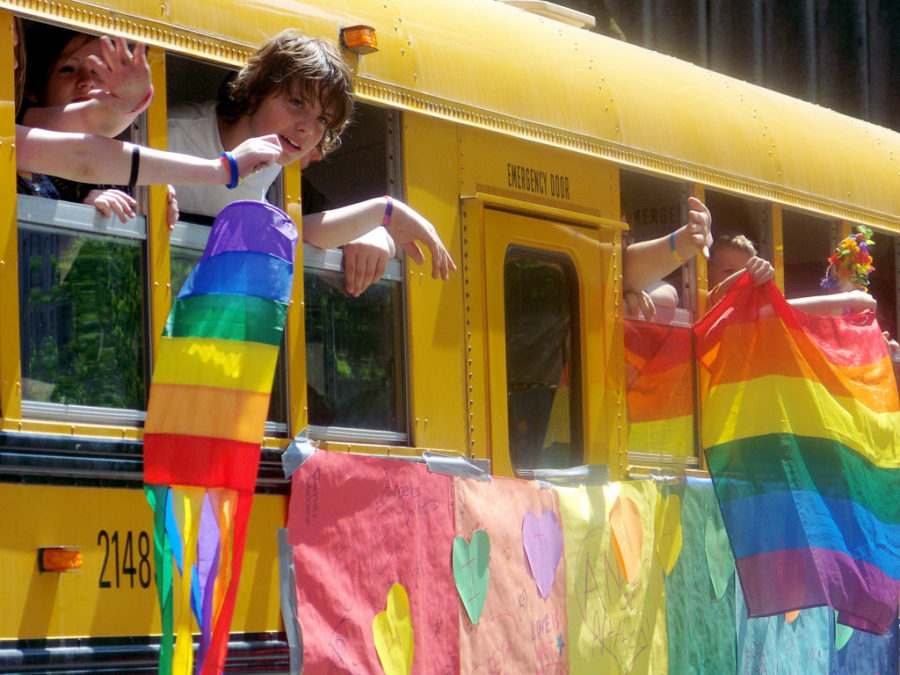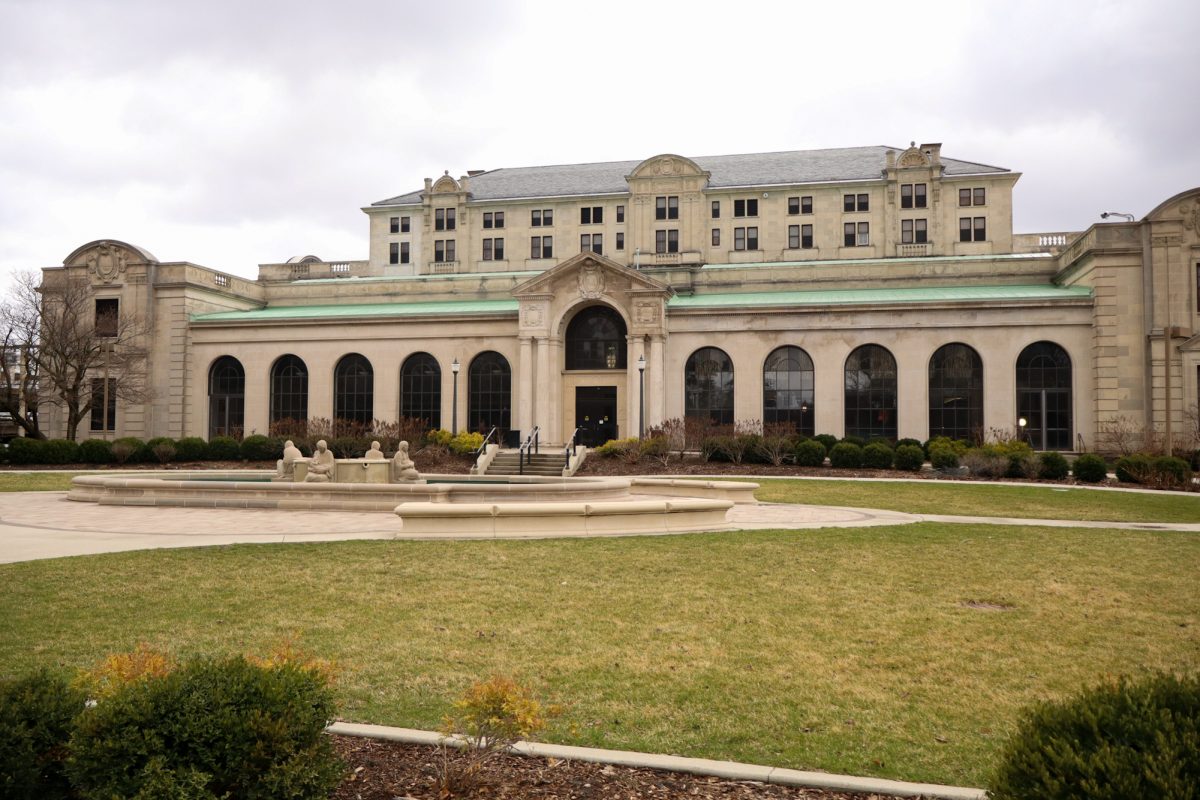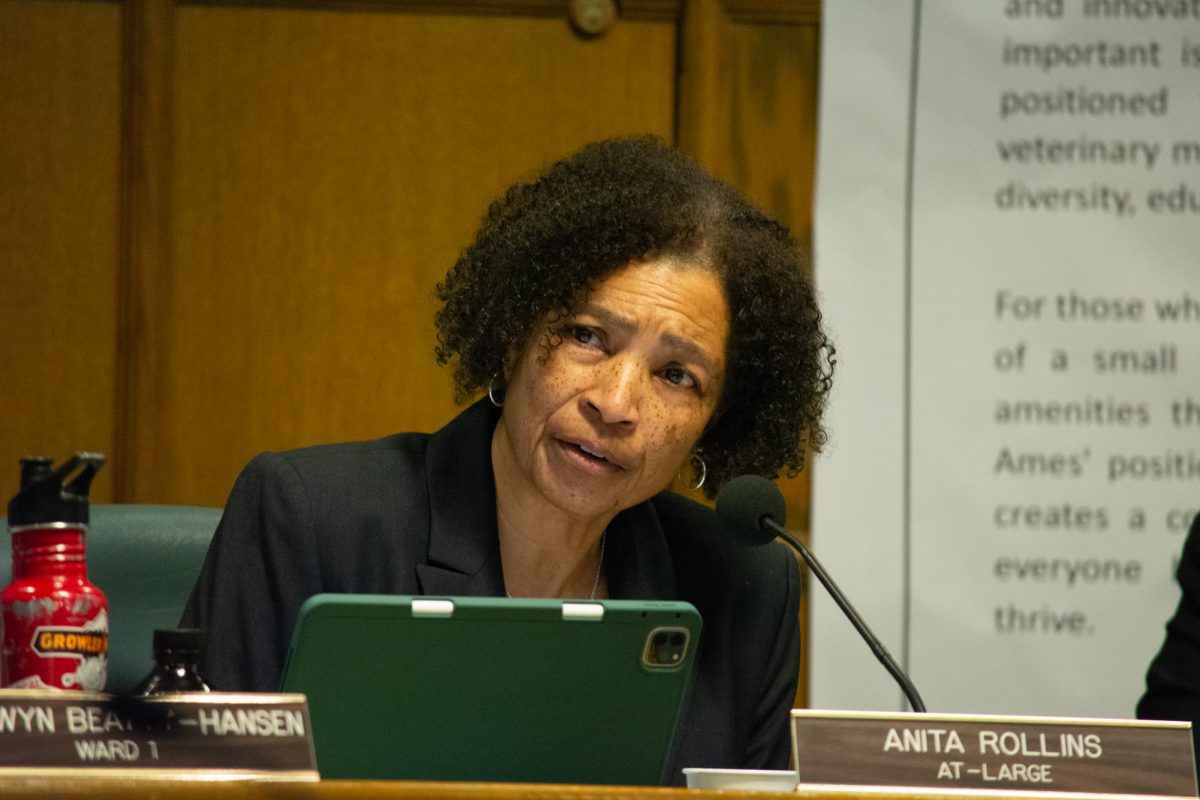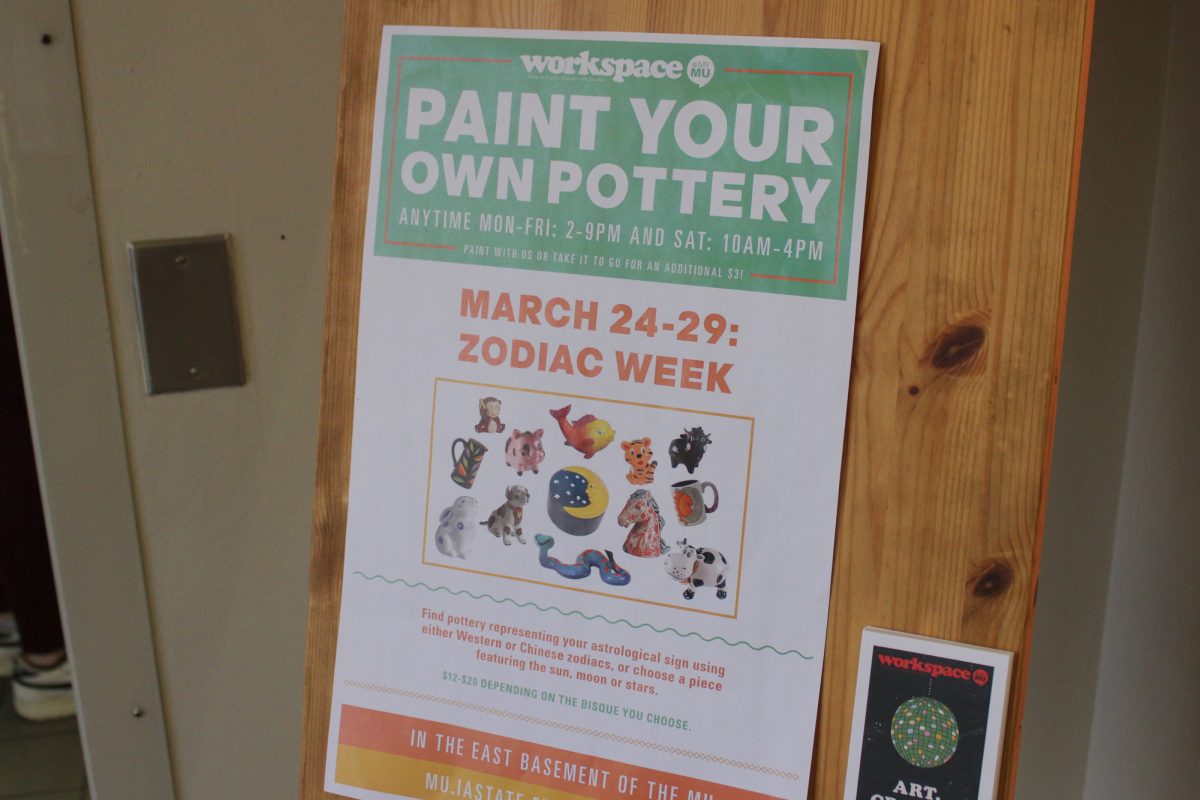Rechkemmer: The bare minimum
Columnist Gracie Rechkemmer believes the Supreme Court has enacted the bare minimum for fighting for total equality when concerning the LGBTQ+ community.
June 15, 2020
On Monday morning, the United States Supreme Court made a groundbreaking decision for the rights of LGBTQ+ citizens. The decision extends Title VII of the Civil Rights Act to prohibit workplace discrimination based on sexual orientation and gender identity, effectively making it illegal to fire somebody because they are gay or transgender nationwide. This ruling came as a surprise to many because the Trump administration argued that the existing federal law did not apply to cases involving gender identity or sexual orientation. Even more surprising was the author of the ruling: conservative Trump nominee Neil Gorsuch.
Witnessing liberal and conservative judges unite in favor of LGBTQ+ rights is a huge victory, especially in the middle of Pride Month. However, this victory sheds light on an underlying problem: Monday’s ruling was not a unanimous decision. Three judges, who are charged with delivering on the promise of equal justice to all American people, voted against the decision to protect the LGTBQ+ community from workplace discrimination. In doing so, they voted against equality, against civil rights and against the well-being of American citizens.
Why, in 2020, are the fundamental civil rights of human beings still seen as controversial?
Great strides have been made to ensure equal rights for the LGBTQ+ community, but there is a long way to go. For example, transgender people are still banned from serving in the military. The Trump administration is still arguing that adoption agencies should be able to reject gay couples. Transgender people do not receive the same treatment as cisgender people when it comes to public restrooms and accommodations or school sports and programs. The LGBTQ+ community still faces discrimination in housing, health care and treatment in prison. Nearly one in five hate crimes in our country are motivated by anti-LGBTQ bias. These are all issues that have no place in 2020 and need to be addressed by concrete legislation.
The lack of legislation protecting the rights of the LGBTQ+ community points to a lack of acceptance of their lifestyles.
It seems like everybody has an opinion on whether it is “okay” to be gay, transgender or anything else that differs from themself, but the fact is we all have the human right to be different. Choosing who to be and who to love is the right of every person and nobody gets to make these decisions for anybody else. Regardless of religious, political or personal beliefs, we cannot tell another person how to live their lives. We especially cannot deprive a person of equal treatment because of who they are.
Let them live.
Civil rights are not, and should never be, controversial. The Supreme Court’s decision to extend workplace rights to the LGBTQ+ community is an important step, but it is the bare minimum. The work is not done until every person is allowed to be who they are without discrimination and until we learn to not only accept but fight for the rights of the marginalized.
Gracie Rechkemmer is a junior in environmental science and global resource systems.







